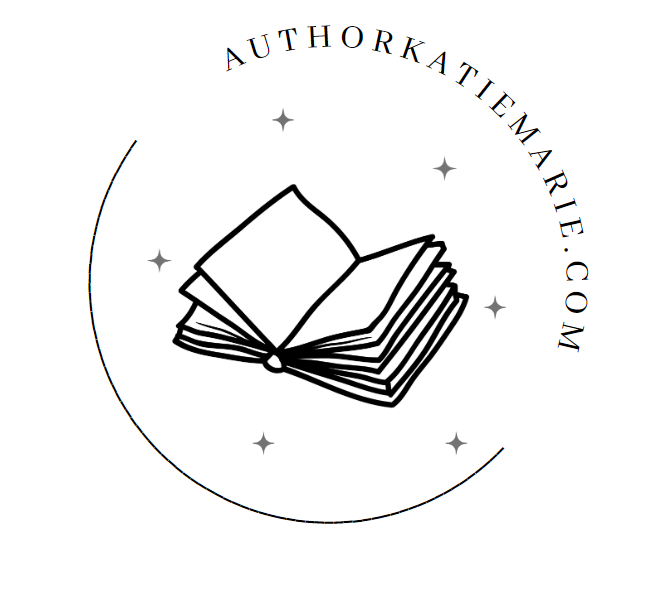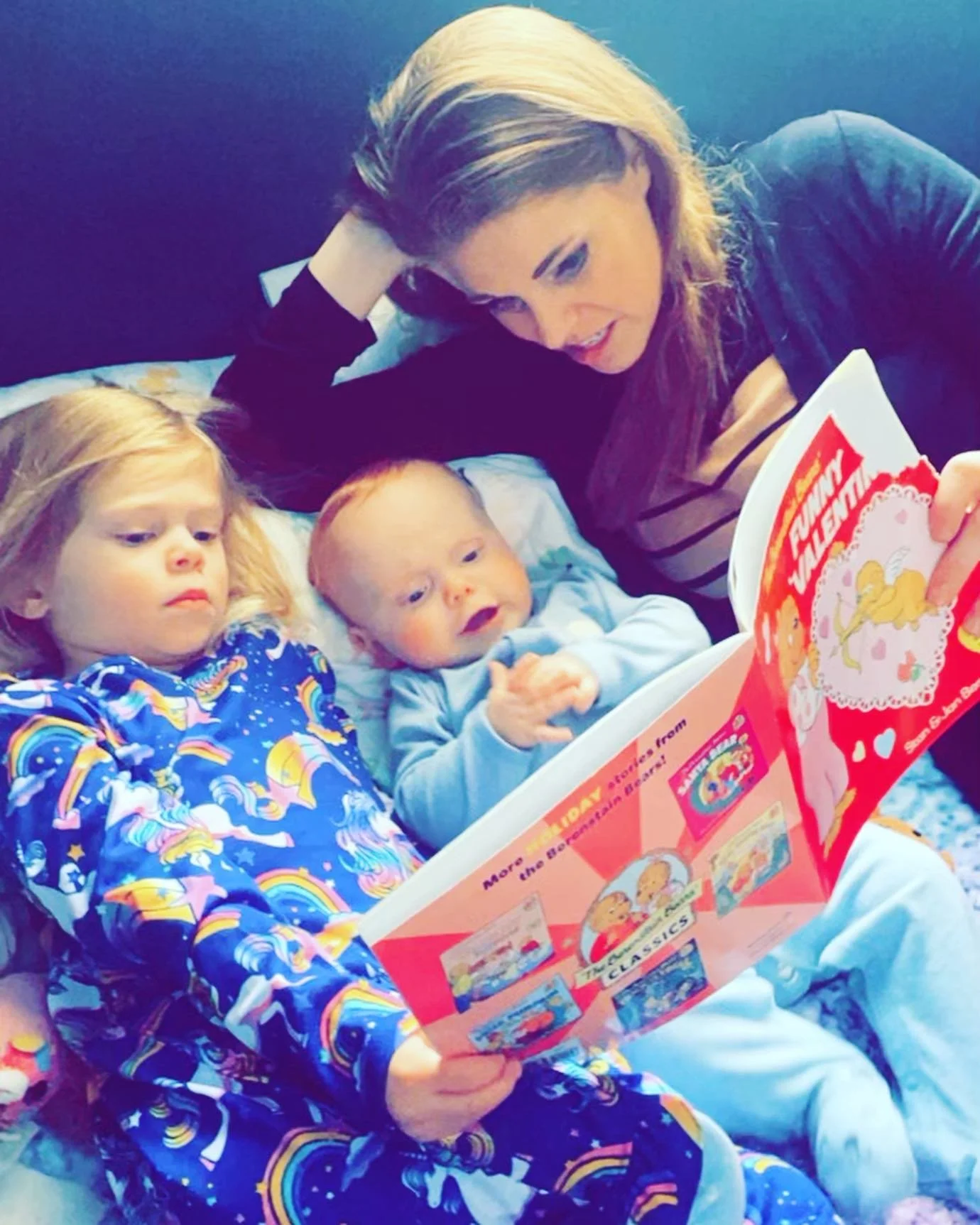Early Literacy
I decided it might be nice to have a guest blogger this week. I can preach that you should read to children early on and the importance of early literacy as a whole, but I don’t have any background expertise in this area except for my love of books, reading to my own children and the articles I read on my own about the subject. So, who better to clarify the significance of reading early and often to your children (parents or teachers) than the previous District Coordinator for the Parents as Teachers program in Northwest Missouri, Kelsi Meyer. Not only did she serve as the District Coordinator for Parents as Teachers, but she has also been a school counselor for nearly a decade. Any child she has been able to work with and help throughout her career has been very fortunate, but I feel even more fortunate to be able to call this beautiful soul my best friend and she has held that role since we were in 4th grade. Without further ado here are Kelsi Meyer’s thoughts on the importance early literacy…
The Importance of Early Literacy
Guest Blogger - Kelsi Jo Meyer
When I think of the definition of early literacy, I feel that it is best summed up as the earliest introduction to the love of reading and learning. Early literacy is one of the cornerstones of a developing child’s brain. It is something that every parent and guardian has the ability to implement, because it can be done anytime, anywhere. Find a way to normalize a reading routine, which can be done in the morning, before naptime or as a bedtime routine with your child with a nighttime book. The first three years of a child’s life are some of the most critical for brain development, which I was able to witness firsthand when serving as the District Coordinator for Parents as Teachers in my community. Through this model, our mantra to parents and guardians is that you are your child’s first teacher. This statement can feel daunting, but truly it is a task and role to embrace with excitement. This is extra bonding time with your child. Every parent or guardian can make such a huge impact on their child’s brain development, since a child’s brain grows to 85% of adult size by the age of 3.
Personally, I was blown away with some of the statistics that truly highlight the importance of early literacy. A couple facts that drive this point home is research indicating the possibility of a 30-million-word gap that could occur between the most financially advantaged to the most disadvantaged by the time a child enters preschool. This word gap refers to the number of words that are spoken to a child prior to entering preschool. The mere exposure to vocabulary, ideas, and sentences makes a world of difference. These words are specifically spoken words, not words that are heard through technology, which is where books come in and can play such a vital role. When we are intentional in our communities and families, we can help all children succeed with developmentally appropriate activities and early exposure to books. Another critical indicator is a child is reading on grade level by 3rd grade, which can be a strong predictor of educational attainment and financial achievement.
As formidable as some of these numbers and statistics can be, a lot of it boils down to simply curling up with a good book and your child. Through sharing stories and reading, the bonding that can occur in addition with the development of early literacy cannot be understated. Read, read, read.




